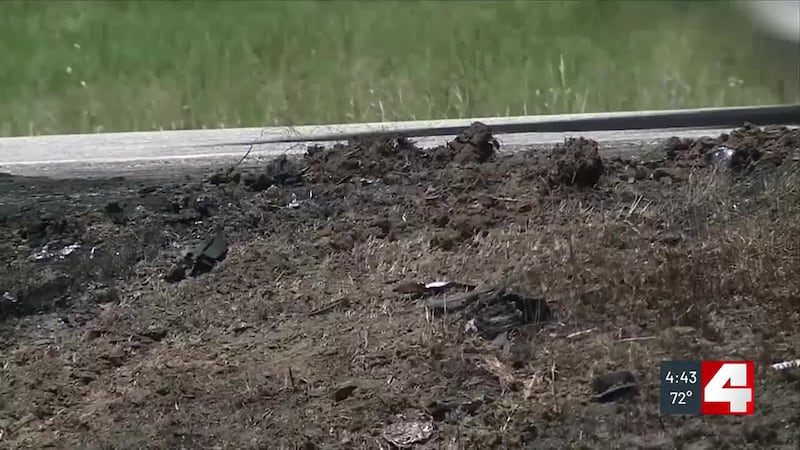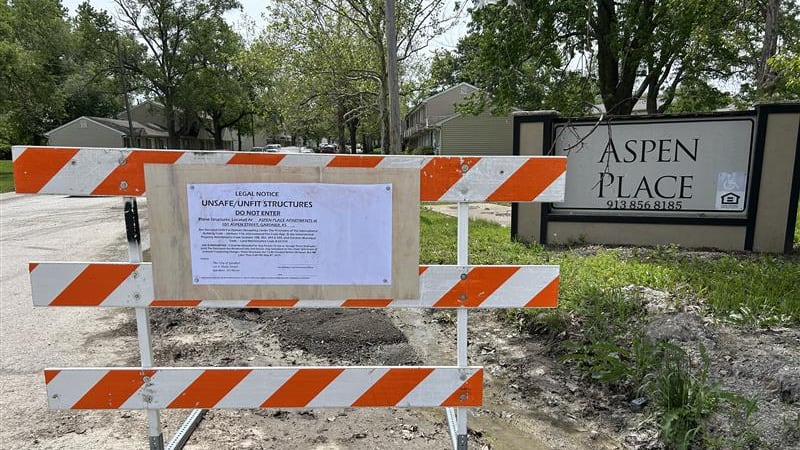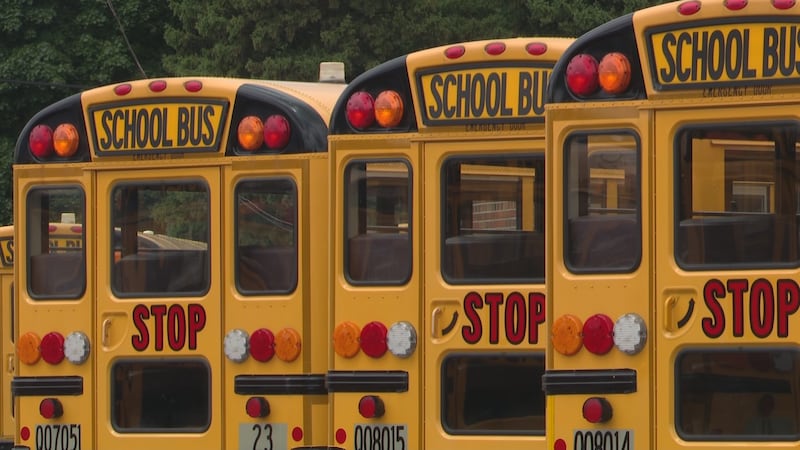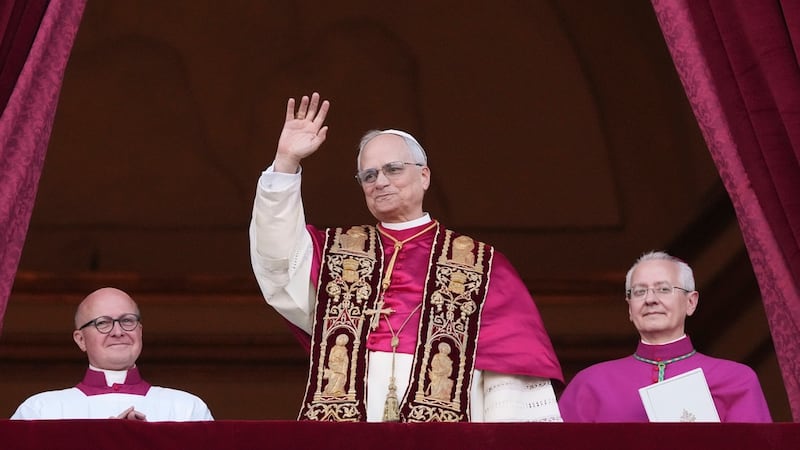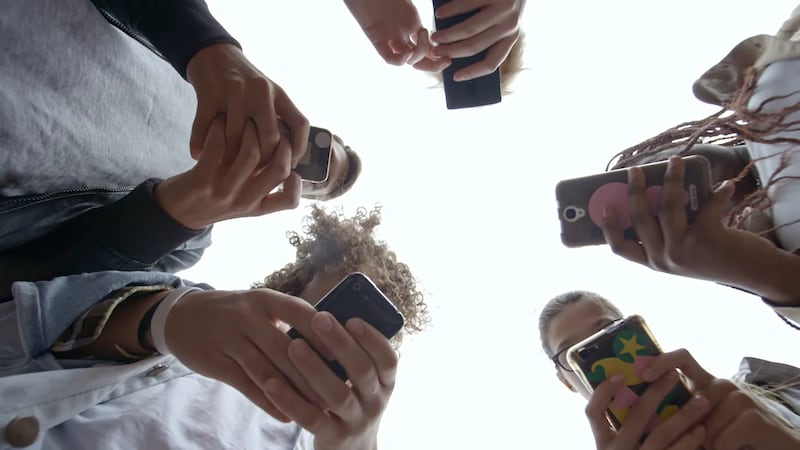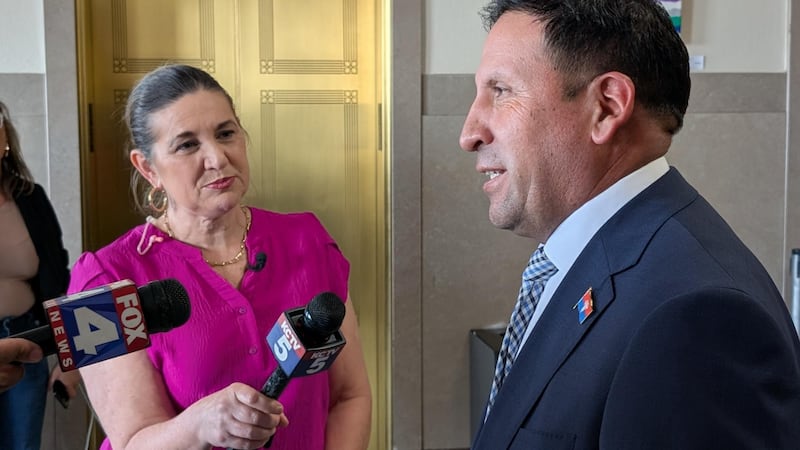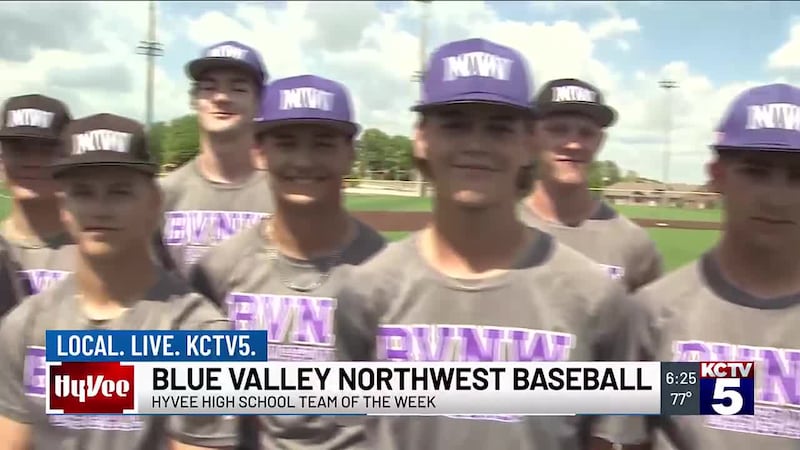University of Missouri partners with South Korean engineers to expand nuclear research facilities
COLUMBIA, Mo. (KCTV) - The University of Missouri is partnering with a South Korean company for its biggest capital project to date, a new nuclear research reactor that will cost more than $1 billion when it’s all said and done.
The international partnership comes at a time of uncertainty with tariffs and federal funding. But President Choi tells us he’s certain the university will get the support it needs.
Putting ink to paper in a ceremonial signing, to make the partnership between the University of Missouri, Hyundai Engineering Company and the Korea Atomic Energy Research Institute official. This $10 million contract is just the first step in Mizzou’s largest project to date. The whole $1 billion project will take about 10 years to complete.
The University of Missouri NextGen nuclear research reactor -- or NextGen MURR -- will be 20 megawatts, twice as big as the current one, and it will continue the work MURR already does in cancer treatment breakthroughs at an even larger scale. The two reactors would run at the same time, effectively tripling Mizzou’s radioisotope output.
MURR is the most powerful university research reactor in the country, running at 10 megawatts. It’s also the only place in the country that produces Lutetium-177, a radioactive isotope used to treat cancer. Pancreatic, liver, thyroid, and prostate cancers can all be treated with the drugs developed at MURR, and with new treatments recently approved by the FDA, the demand is going up.
At the center of the country, Missouri is perfectly positioned to supply the nation with radioactive isotopes used to treat several types of cancer. The isotopes have a short shelf life, so they have to be transported and used as soon as possible. Typically, a radioisotope is created, shipped and used on a patient within only two days.
“There are 460,000 Americans -- mothers, daughters, sons and fathers -- that owe their lives to the discoveries that we create each and every day at this university,” said MU System President Mun Choi.
But there is the question of funding. Mizzou could lose up to $22 million in National Institute of Health grants, according to the latest Board of Curators meeting agenda, as the Trump administration continues to slash costs across the federal government.
MU System President Mun Choi said about $200 million is already secured, a large amount of that from state funds. Gov. Mike Kehoe promised $50 million to the University of Missouri for its planned expansion of the Missouri University Research Reactor. The Board of Curators is working to secure the rest through donors and federal funding.
Former U.S. Congressman and current UM Board of Curators member Blaine Luetkemeyer said the research and life-saving medication produced at MURR are hard-selling points for tough-to-get federal research dollars.
“This could be something that will be impactful to themselves, to their constituents, to the rest of the country, the rest of the world,” Leutkmeyer said. “So, it’s a really easy sell.”
While the question of tariffs under the Trump Administration remains in the air, Choi said the project should be unaffected by any potential changes.
“Right now at this point, we’re just exchanging intellectual property,” Choi said. “There is no physical assets that are being shipped from Korea to the United States.”
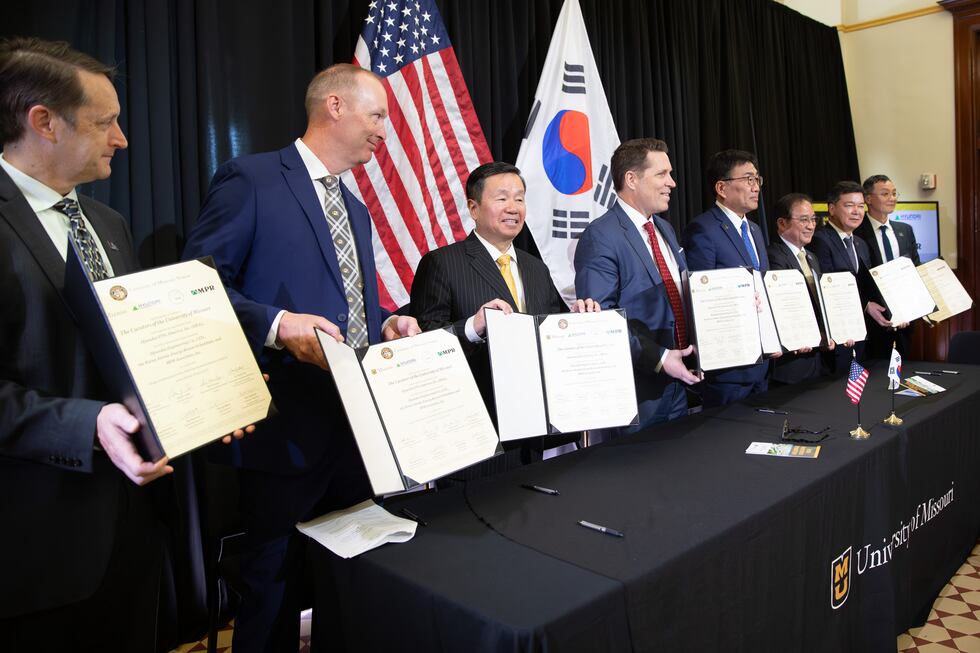
Copyright 2025 KCTV. All rights reserved.
